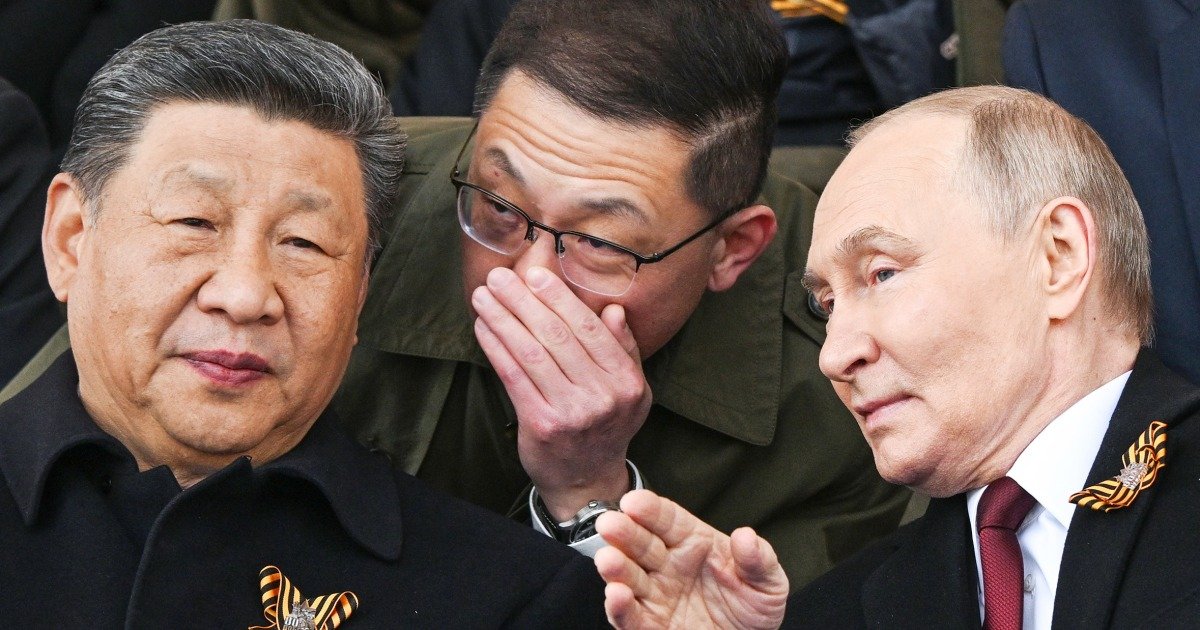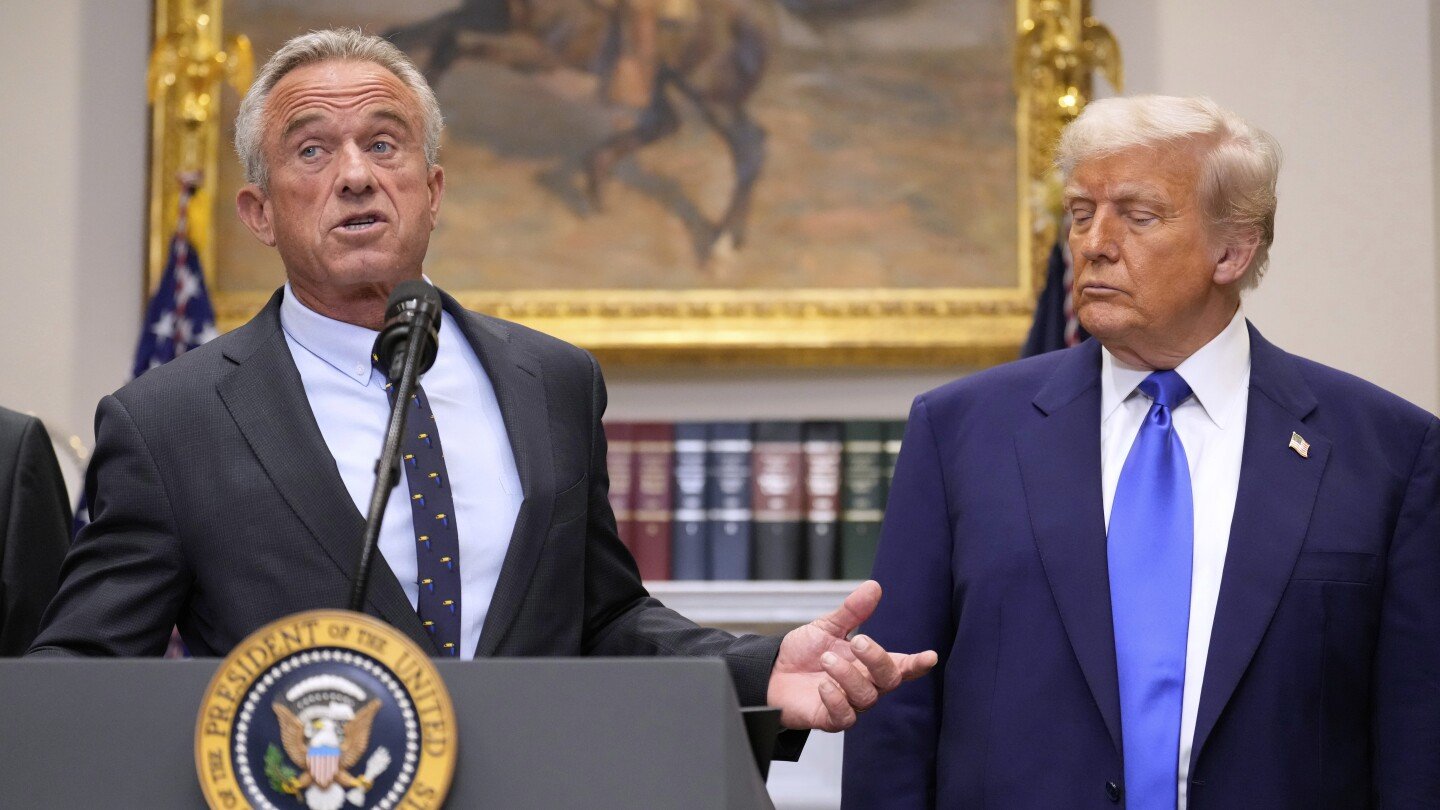Morning Rundown: Pope Leo XIV calls for humility in first Mass, Trump rethinks taxes for the wealthy, and an underwater volcano could soon erupt
Profile
Sections
Local
tv
Featured
More From NBC
Follow NBC News
news Alerts
There are no new alerts at this time
MOSCOW — Russia marked the 80th anniversary of the Soviet Union’s World War II victory over Nazi Germany on Friday with a parade attended by Chinese President Xi Jinping, as the two countries vowed to strengthen ties and “firmly” counter U.S. influence.
Amid tight security after Ukrainian drone attacks on Moscow this week, thousands of Russian troops marched on Red Square, with military units from China and 12 other countries also taking part.
For Russian President Vladimir Putin, who is the subject of an arrest warrant from the International Criminal Court over alleged war crimes in Ukraine, the parade was an opportunity to show that he is not isolated on the global stage. It also casts a spotlight on the post-WWII, U.S.-led international order that President Donald Trump now appears bent on dismantling, leaving Russia and China to portray themselves as its defenders.
Xi signaled his support for Putin in both actions and words, arriving on Wednesday for a four-day visit shortly after the Ukrainian drone attacks disrupted flights in and out of Moscow.
“China will work with Russia to shoulder the special responsibilities of major world powers,” Xi told Putin on Thursday, adding that the two countries should be “friends of steel.”
In a lengthy joint statement, Xi and Putin said they would deepen military and other ties and “strengthen coordination and jointly respond firmly to the United States’ policy of ‘dual containment’ against both countries.”
Xi’s visit comes as the Trump administration is seeking a 30-day “unconditional ceasefire” between Russia and Ukraine, and ahead of U.S.-China trade talks this weekend, the first since Trump imposed steep tariffs on U.S. trading partners around the world.
Xi was among 29 world leaders expected to attend the commemorations, according to the Kremlin. Diplomats from other countries said the Chinese leader’s presence had factored into their decisions to come.
Ukrainian President Volodymyr Zelenskyy had warned world leaders against attending the commemorations, saying it would undermine some countries’ declared neutrality in the Ukraine war. But Brazilian President Luiz Inácio Lula da Silva told NBC News that Zelenskyy had asked him to deliver a message to Putin calling for a sustained ceasefire.
The Ukrainian government did not immediately respond to a request for comment.
Lula insisted that standing with Putin in Red Square “will not strengthen” the Russian leader.
“Brazil’s position has not changed,” he said in an interview Thursday. “Brazil is critical of Ukrainian occupation and we have to find peace.”
Moscow does not look like a city that wants peace at any cost. Ahead of the parade, hotel workers, officials and many members of the public wore the orange-and-black ribbon of Saint George, a Russian military symbol that especially since Putin’s 2022 invasion of Ukraine has been associated with Russian nationalism and militarism. Streets were draped in the same colors.
Huge billboards connected the World War II anniversary with Putin’s “special military operation” in Ukraine, while others welcomed world leaders individually, including those of Cuba and Venezuela.
May 9 is a hallowed day for the former Soviet Union, which lost 27 million people during World War II. But the parade on Friday was haunted by the war in Ukraine, now in its fourth year.
China, Russia’s biggest trading partner, has strived to portray itself as neutral in the Ukraine war while supporting Russia diplomatically and economically. Xi told Putin on Thursday that he hoped for “a fair and durable peace deal that is binding and accepted by all parties concerned.”
Xi will leave Russia on Saturday, as U.S. and Chinese officials meet in Switzerland to discuss mounting tariffs between the two countries that have rattled the global economy.
China agreed to the talks without any U.S. concessions, suggesting the tariffs “are having their intended effect,” said Craig Singleton, a senior fellow at the Washington-based Foundation for Defense of Democracies.
Earlier this week, Beijing announced sweeping policy steps to bolster its economy, including interest rate cuts and measures to support employment and struggling sectors such as real estate.
“These are not the actions of a confident regime,” Singleton said. “They’re the moves of a leadership racing to contain economic fallout before it metastasizes into political risk.”
China said this week that the meeting was requested by the U.S. side and that while was it was open to talks, they “must be based on equality, respect and mutual benefit.”
Trump suggested Thursday that U.S. tariffs on Chinese imports could go down as a result of the talks, telling reporters, “you can’t get any higher” than the current rate of 145%.
But the talks are unlikely to lead to an immediate bilateral tariff reduction, the Economist Intelligence Unit financial forecasting service said in a note Thursday.
“The two countries will continue to disagree over their preferred tariff rates and what concessions need to be made to allow for de-escalation,” it said. “Nonetheless, the exchange of positions between them will be constructive, in contrast to a standstill.”
Keir Simmons and Natasha Lebedeva reported from Moscow, and Jennifer Jett reported from Hong Kong.
Keir Simmons is chief international correspondent for NBC News, based in Dubai.
Natasha Lebedeva is NBC’s Senior Director for International Affairs, based in Washington.
Jennifer Jett is the Asia Digital Editor for NBC News, based in Hong Kong.
© 2025 NBCUniversal Media, LLC



